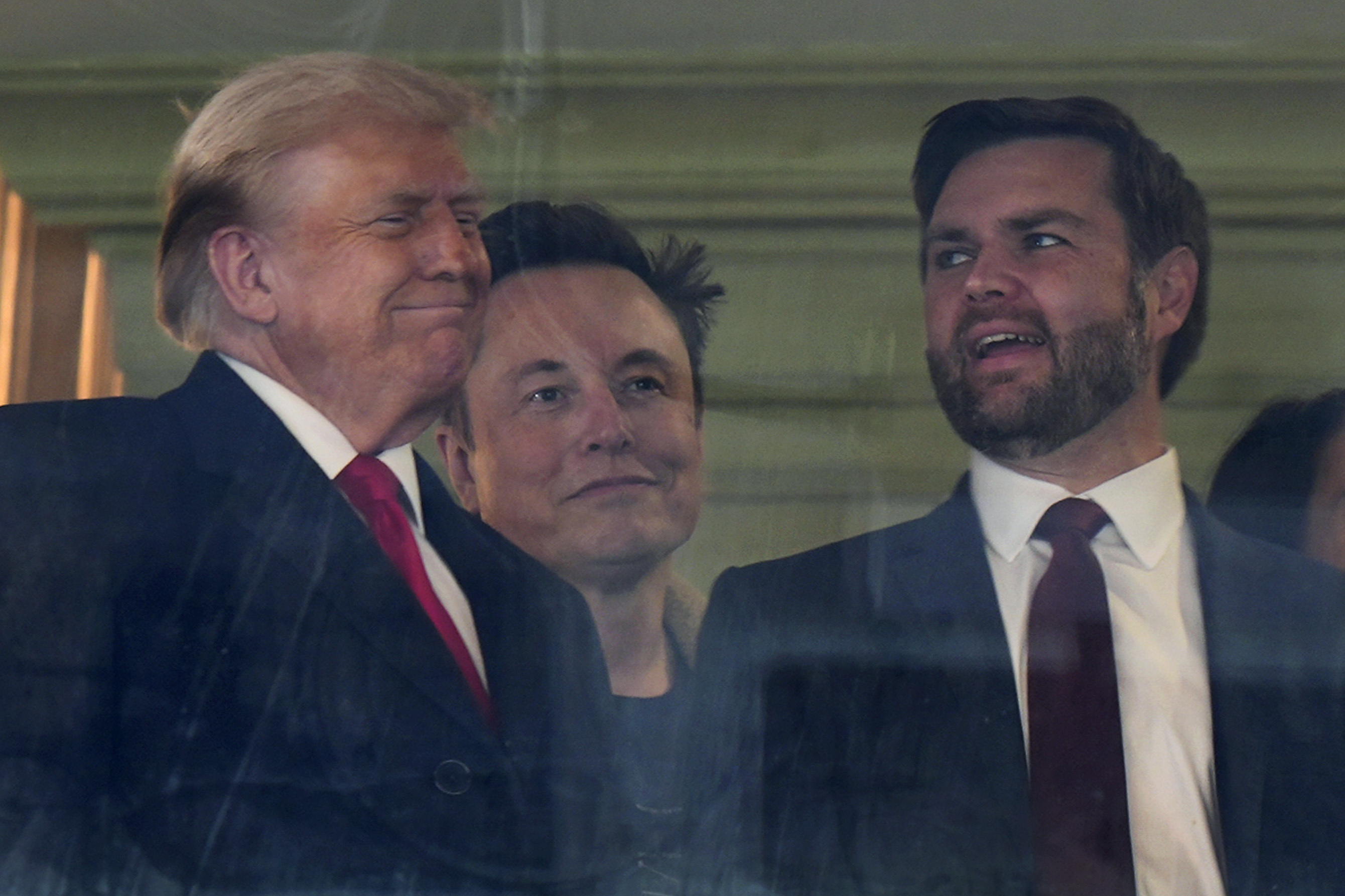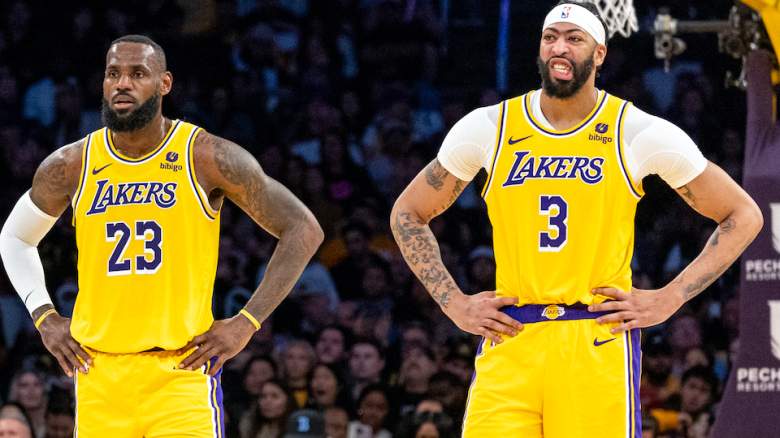Many of the problems that plague the digital world come down to the need for strangers to trust each other. Why do you buy products from Amazon but not from an online merchant you've never heard of? Because you trust that Amazon will deliver the goods you pay for, and you don't trust an unknown seller. You don't want to take a risk with your money.
This fear is rational, and it reflects a foundational problem with today's internet. It's a problem that I've been working for years to solve using decentralized blockchain technology.
The journey that led me to take up this challenge has been an unusual one. It is a path that has informed my view of the world and technology and shaped the way I think about progress and innovation.
I grew up in a small city of about 2 million. My parents were medical doctors, and they had big dreams for me—dreams of a stable, prestigious career in the region where I grew up. But from a young age, I had a curiosity that I knew would lead elsewhere.
As a kid, I devoured books on philosophy, literature and science. Nietzsche, Kant and Haruki Murakami were among my early influences. They opened my eyes to the power of narratives and big ideas. The thirst for knowledge became my compass.
I learned English through Western books and TV shows. I remember being so eager to read Harry Potter that I picked up the English version when there was no Chinese translation available. Shows like Friends and The Big Bang Theory were more than just entertainment; they became a way for me to understand American humor and culture. As a kid in China, I felt I knew New York. And while I didn't realize it then, these early experiences would be cornerstones in my personal development.
Breaking the Mold
After high school, I studied computer science at Wuhan University, which had a joint program with Carnegie Mellon, and experienced rigorous academics and cutting-edge research for the first time. Next, I went to Singapore to pursue a master's degree in computer science. It was my first time living outside China, further broadening my horizons and deepening my desire to learn and explore.

From there, I finally made the move to the United States, where I was accepted into the University of Washington's Ph.D. program, one of the top computer science programs in the country. Seattle, with its interminable cloudy days, was a cultural adjustment, to say the least, but I made the most of it. I learned to ski in the winter and sail in the summer. This too broadened my horizons.
The Bitcoin Revelation
Then one day in 2018, Coinbase, the cryptocurrency exchange, sent me $20 worth of bitcoin as part of a campaign aimed at promising computer science students across the U.S. I didn't think much of it at first, but as the value of that BTC grew, so did my curiosity. Bitcoin was a big narrative—exactly the kind of thing that had always appealed to me, the kind of thing too many computer scientists dismiss as vague or unserious. It wasn't just about money; it was about trust, consensus and rethinking our fundamental systems. A truly shared economy.
After earning my Ph.D., I joined Algorand, a blockchain startup founded by MIT professor and Turing Award winner Silvio Micali. At Algorand, I worked on coding the platform's first smart contract. And I learned that success, in blockchain and life, depends on more than technical innovation. It's about community, culture and, crucially, usage.
That realization led me to launch my first startup, Manta Network, which focused on privacy-preserving decentralized finance. Building Manta was a crash course in entrepreneurship. I learned how to build a team, develop a product and navigate the volatile crypto market. The lessons were hard-earned, and they prepared me for what came next.
Zero Knowledge Is a Beautiful Thing
While attending a blockchain summit in Montenegro in 2022, I had a moment of clarity. Zero-knowledge proofs (ZKPs) were emerging as a major vector of blockchain development. And I realized that these proofs, which verify information without revealing it, held the key to making blockchains work for many more users and use cases.
People who say blockchains are a problem in search of a solution are making a category error. Blockchains solve problems that are long-standing and well known. Since its development, the internet has never developed a satisfactory way to ensure that a counterparty will act honestly. Its systems require the establishment of trust through ever more invasive and cumbersome security measures, and it stores information and records in centralized databases that are vulnerable to attack or manipulation.
A blockchain is, ultimately, a much more efficient coordination system, one that can prove the validity of a transaction or identity and that can ensure an agreement is carried out as intended. Blockchains' problem isn't that they don't solve a problem; it's that they are slow and expensive and therefore impractical for many everyday uses. This is because they simply lack—by orders of magnitude—the computing power of the centralized internet.
With this in mind, I made it my mission to upgrade blockchain's computational power from something like that of a calculator to that of a supercomputer. To do this, I am working to reduce the cost and complexity of ZKPs, which greatly speeds up the processing of transactions on a blockchain.
It turns out I've spent my entire life preparing for this, even if I didn't realize it at the time. My academic background gave me a broad understanding of computer science, from theory to systems. My time at Algorand and Manta taught me how to navigate the startup world and solve real-world problems. And my natural curiosity keeps me asking the big, and sometimes inconvenient, questions.
My goal now is to upgrade blockchains by making ZKPs fast and cost-effective. If I succeed, I hope to help make the internet, and the entire economy, more efficient, transparent and fair.
Shumo Chu is one of the co-founders of NEBRA Labs. A former assistant professor at the University of California, Santa Barbara, he received his Ph.D. from the University of Washington and was a research scientist at Algorand. His current research interest is privacy-preserving systems.




















 English (US) ·
English (US) ·